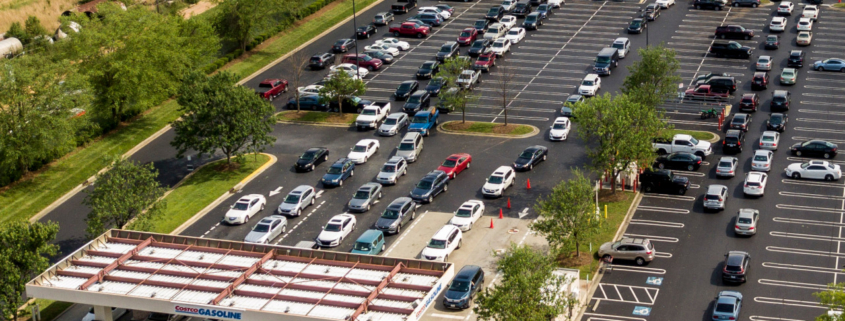1,000 gas stations report running out of fuel as Colonial Pipeline hack leads to panic-buying in Southeast U.S.
State and federal officials are scrambling to find alternate routes to deliver gasoline in the Southeast U.S. after a hack of the nation’s largest fuel pipeline led to panic-buying that contributed to more than 1,000 gas stations running out of fuel.
There is no gasoline shortage, according to government officials and energy analysts, but if the pipeline shutdown continues past the weekend, it could create broader fuel disruptions.
The Colonial Pipeline, which delivers about 45% of what is consumed on the East Coast, was hit on Friday with a cyberattack by hackers who lock up computer systems and demand a ransom to release them. The attack raised concerns, once again, about the vulnerability of the nation’s critical infrastructure.
The pipeline runs from the Gulf Coast to the New York metropolitan region, but states in the Southeast are more reliant on the pipeline for fuel. Other parts of the country have more sources to tap. For example, a substantial amount of fuel is delivered to states in the Northeast by massive tankers.
“What you’re feeling is not a lack of supply or a supply issue. What we have is a transportation issue,” said Jeanette McGee, spokeswoman for the AAA auto club. “There is ample supply to fuel the United States for the summer, but what we’re having an issue with is getting it to those gas stations because the pipeline is down.”
In North Carolina, 28% of gas stations were out of fuel, according to Gasbuddy.com, a technology firm that tracks real-time fuel prices across the country. In Raleigh-Durham it was worse, with 72% of gas stations out of fuel.
North Carolina Democratic Gov. Roy Cooper urged people Wednesday to only buy gas if their tank is low, and to report any instances of price gouging.
“We will continue our efforts to help make sure there is an adequate supply of fuel,” Cooper wrote on Twitter.
Cooper declared a state of emergency Monday, initiating fuel waivers that make it easier to transport fuel into the state.
Georgians were also getting squeezed, with 17.5% of stations there out of gas, according to Gasbuddy.com. In Virginia, 17% of stations were out, and in South Carolina, 16% had…



